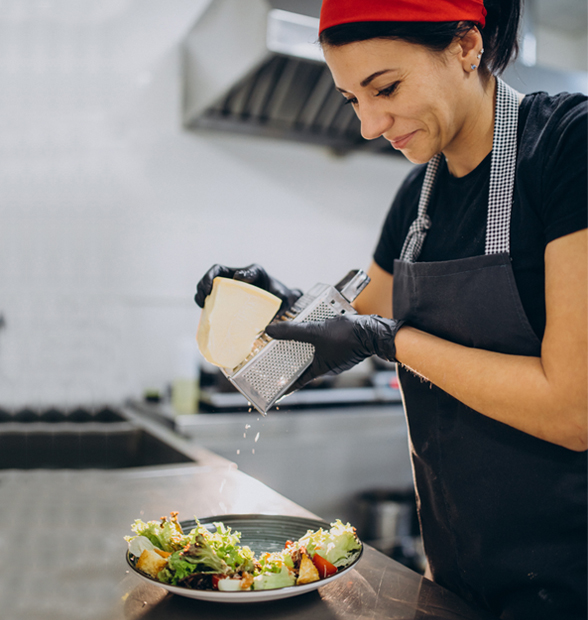
Our culture:
Creativity and Innovation:
Respect for Expertise:
Collaborative Environment:
Professional Development:
Quality Ingredients and Sustainability:
Work-Life Balance:
Recognition and Appreciation:
Positive Feedback Loop:
Opportunities for Growth:

